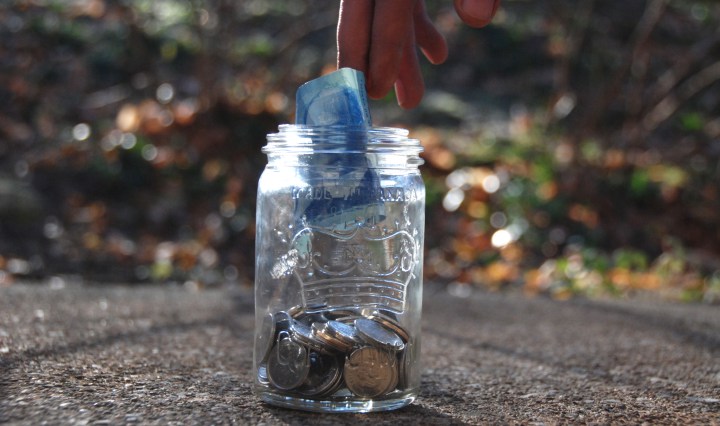Being a student in high school, you may find yourself short on cash. If you do not have a part-time job you have no method of income, but if you do have a job, you may find yourself spending money too quickly. Whatever the situation may be, making money, and more importantly, saving money, may be a hard thing to do.
Here are five ways that can help you to become more responsible with your saving habits:
1. Walk everywhere you can:
You may not think so, but walking can save you a lot of money. Walking short distances instead of driving or taking the city bus will allow you to save small amounts of money which will build up over time. If you take a short bus ride home, consider walking instead, that way you can get some exercise, and save some change. If you drive, filling up gas and paying for your insurance will add up, this is where walking can help you as well.
2. Pack a lunch:
According to Save the Student, the average student spends approximately 75$ a month on food. Packing a lunch may take time, but think about how much money you can save. Buying a lunch everyday will add up. To put it into consideration, if you were to buy a three dollar lunch every school day, you would be spending approximately $69 a month. However, the reality is, it is extremely difficult to find a three dollar lunch, so think about that next time you buy a lunch at school.
3. Spend wisely:
You may have some sort of income, which is great, but spending the money you make responsibly can be difficult at such a young age. For example, you may see something at your favourite store in the mall that you simply cannot resist buying, no matter how expensive it is. This is called impulsive purchasing, and teenagers are notorious for it. As reported by Teens Cash Coach, teenagers are always looking for the newest and coolest gadgets, due to today’s materialistic society. Consider spending your money in moderation, and thoroughly revising your decision while making a big purchase, because money does not grow on trees!
4. Open checking and savings accounts:
Spending money responsibly is one thing, but saving money responsibly is very different. If you have a bank account, you may wish to consider setting up a checking account as well as a savings account. Dividing your money and knowing exactly where it is can be very useful. For example, you may wish to put all of the money that you have saved since you were young in your savings account, while having the money which you make from your job in your checking account. That way you can keep your savings account aside, and use your checking account for purchases.
5. Put money away:
If you do have a job, put a set amount of money per pay cheque away in your savings account, and don’t withdraw it. Even $20 at a time is a good start. Regularly saving money like this will be a good habit to establish now, and you’ll be surprised by how the balance in the account will grow.
Although saving money may seem difficult, there are several different ways to help you save that are in fact very easy and effective. Try one or more of these five methods if you are in need of saving advice, because the sooner you learn to save, the better off you will be in future years.

